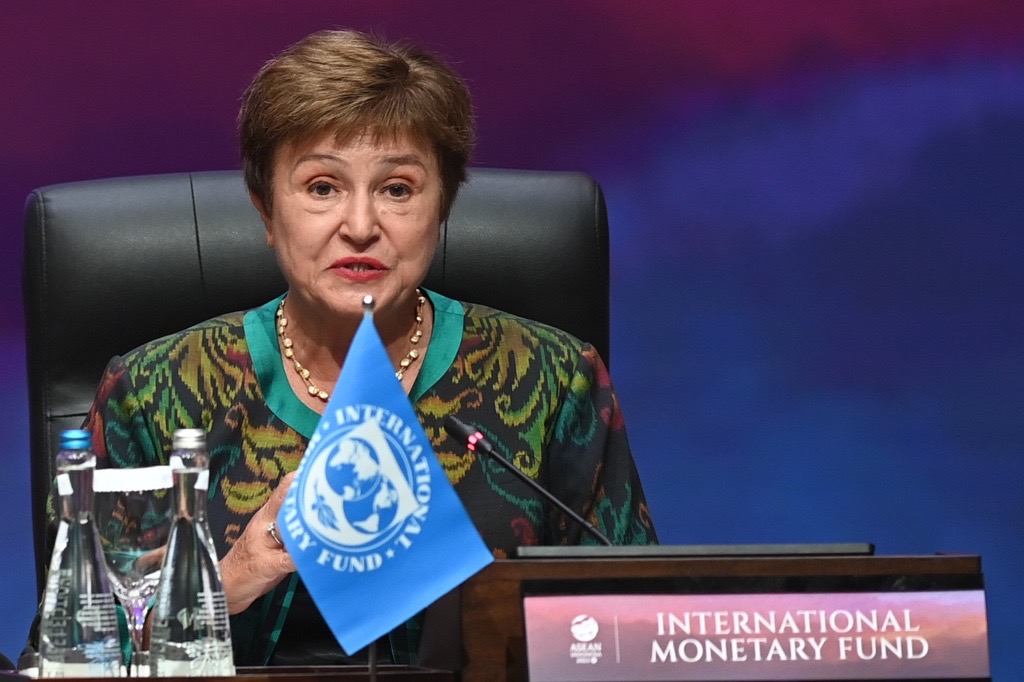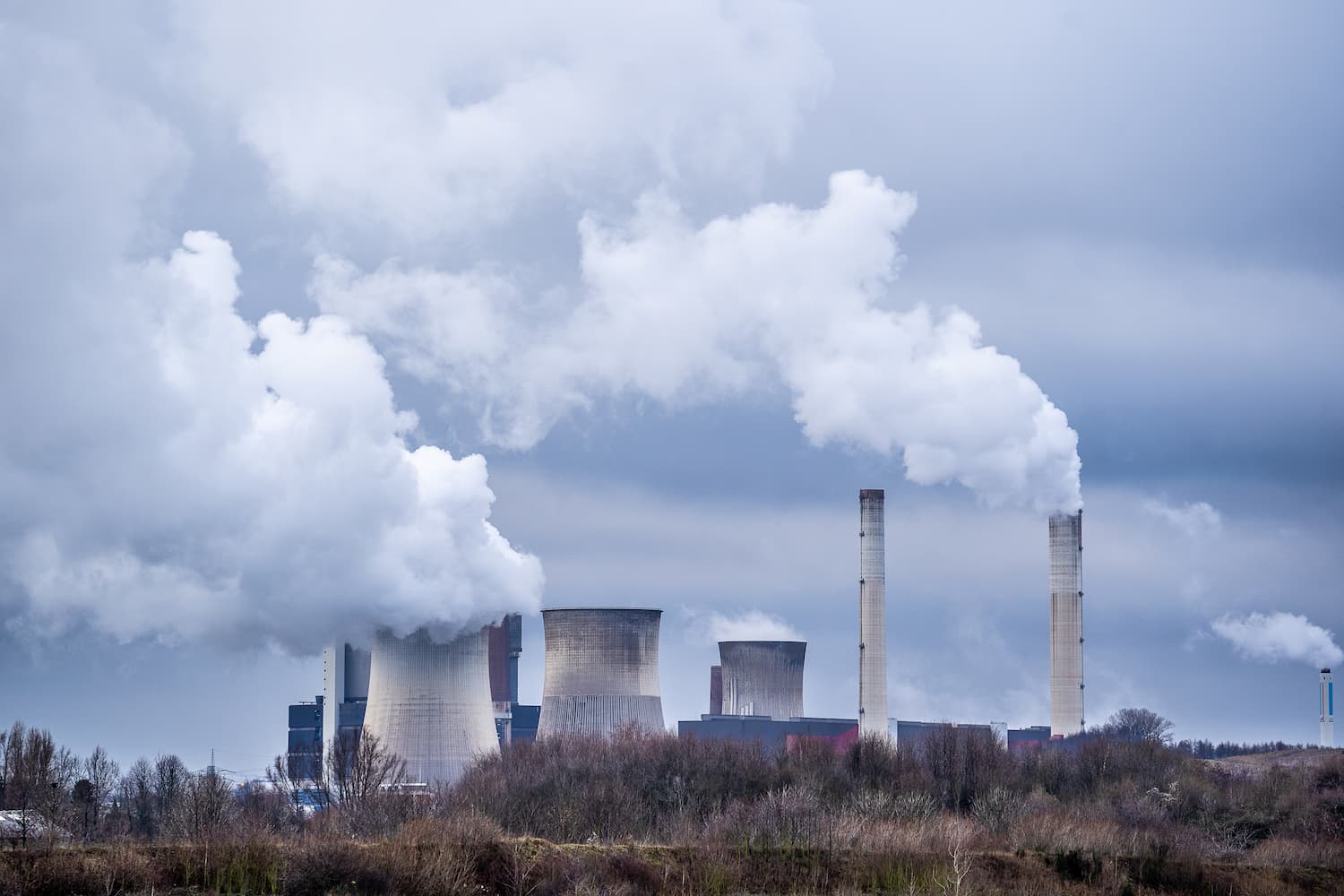The International Monetary Fund is keen to see the price of carbon increase to give the "biggest possible incentive for decarbonization.” “That price needs to go up, up, up if we are to speed up decarbonization", said its Managing Director Kristalina Georgieva on November 4 while attending COP28 climate summit.
As a long-time supporter of carbon pricing, Georgieva said this approach creates an incentive for polluters to expedite decarbonize.

IMF Managing Director Kristalina Georgieva. (Photo: Kristalina Georgieva)
Carbon pricing determines the cost a company needs to pay for its emissions and is widely regarded as the most cost-effective and fixable method to reduce such pollution.
The IMF recently raised its average price forecast to $85 a ton by the end of this decade, up from a previous forecast of $75. Highlighting the scale of the challenge, Georgieva said the current average price is around $20.
“For those that have adopted a carbon price, how do we get big emitters to accept that we need to accelerate decarbonization?” Georgieva told CNBC.
“Well, two things. One, without a carbon price, it won’t happen fast enough. So, we must move to that incentive. Two, Mother Nature is helping us because countries rich and poor are already experiencing the devastating force of climate change,” she said.

Georgieva said that carbon price is a crucial incentive for decarbonization in the fossil fuel industry. (Photo: Freepik)
Georgieva sees COP28 as a crucial opportunity for countries to reassess policies incentivizing fossil fuel usage. She emphasized that government subsidies for coal, oil and gas reahced $1.3 trillion in 2022.
“Now we must pull this gradually and substitute with the other part of the incentive, which is pricing. I want to tell everybody who is willing to listen that a carbon price has been proven to work,” she adds that existing schemes such as EU’s Emissions Trading System (ETS) have demonstrated a rapid reduction in emissions.
“Two, it generates revenues. The same European Union got 175 billion euros collected from carbon price,” she pointed out.
“Three, it can be fair. Because the more you pollute, the more you pay, and the less you pollute, the less you pay. But also, many countries can take some of this money and give it back, especially to the vulnerable people.”
Asked about the role of the oil and gas industry at COP28 and how to get them on side with carbon pricing, she said, “One of the good news that comes from research is that we are going to see the peak of oil and gas in this decade. Consumption is then going to gradually going down.”
“I think that oil and gas is seeing the writing on the wall. We see many of the oil-producing nations diversifying quite rapidly and we also see an investment coming from money generated from oil into renewables at scale.





